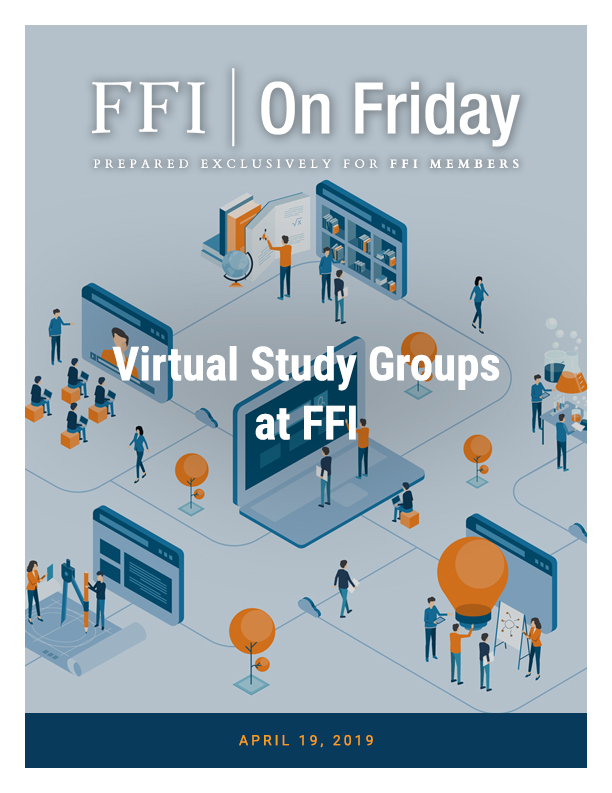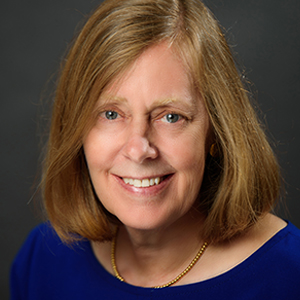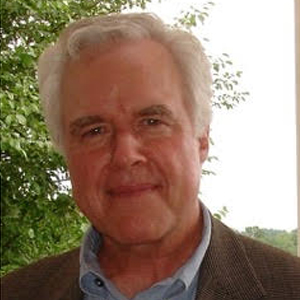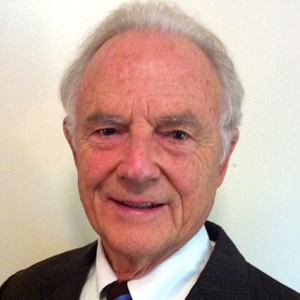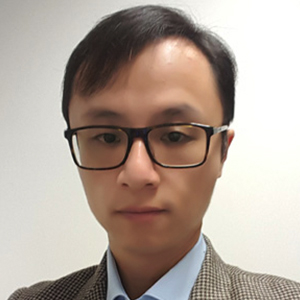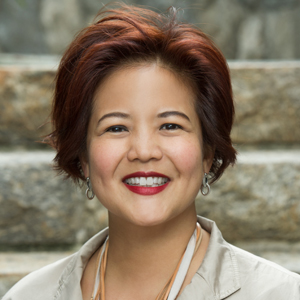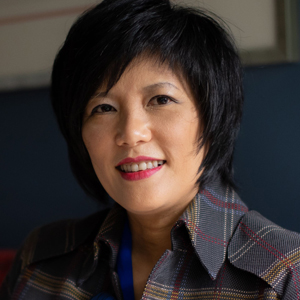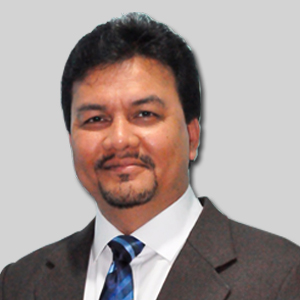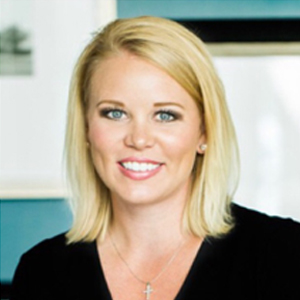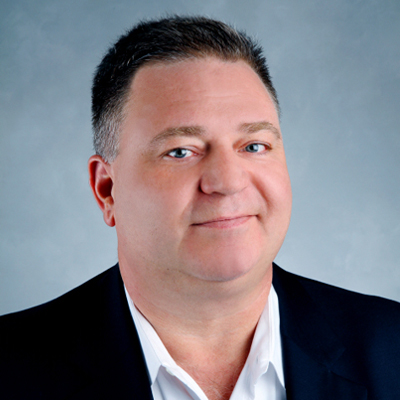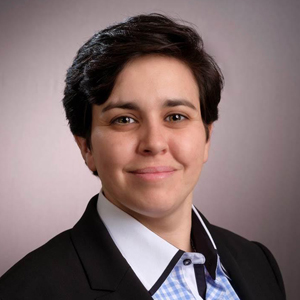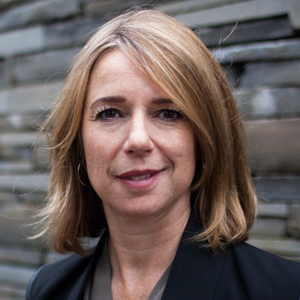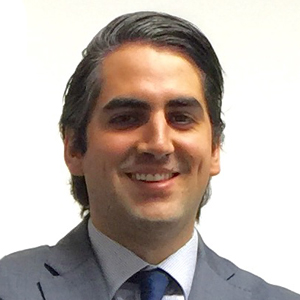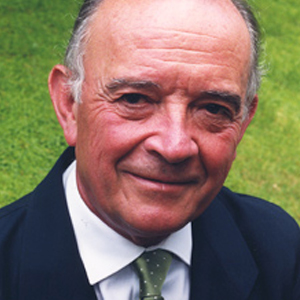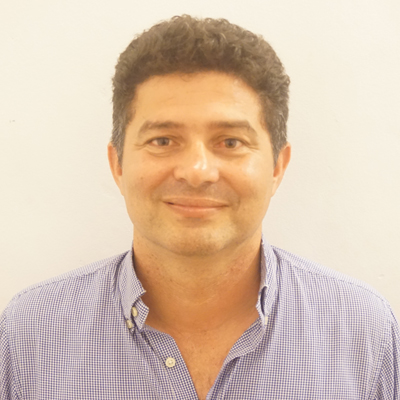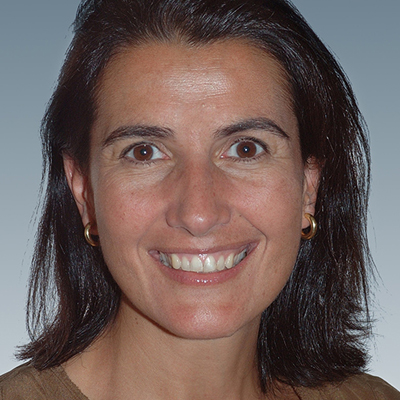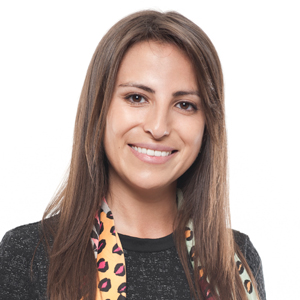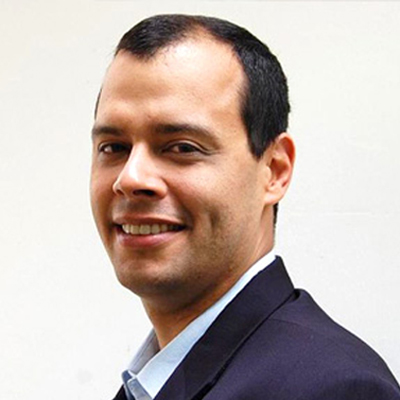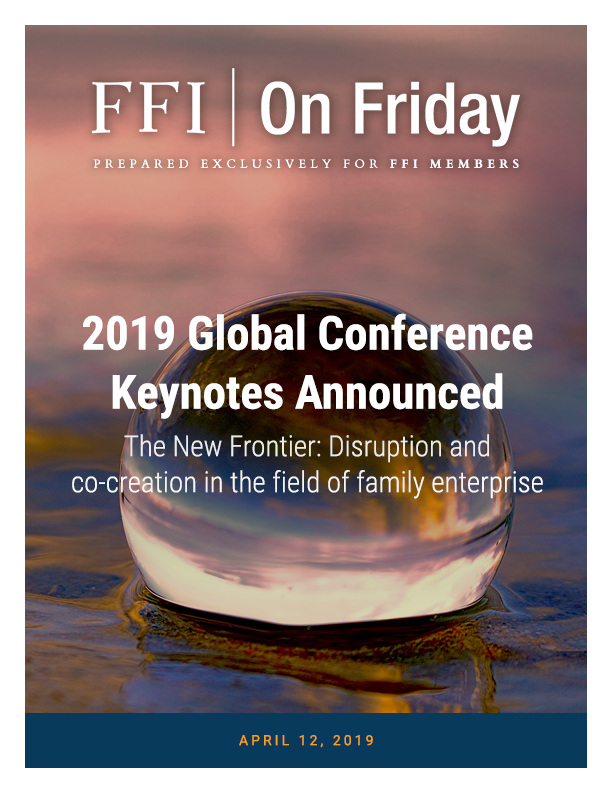Prepared Exclusively for FFI Members
ne of the benefits of being an FFI member is the opportunity to participate in a Virtual Study Group (VSG). In this issue we are pleased to welcome a new group, provide information on existing groups, and encourage you to join one of these or think of starting a new one. For more information on starting a new group, email ffi@ffi.org. For more information on an existing group, please email the contact listed.
The primary purposes are to:
- Build a strong presence of Asian advisers and consultants, academics, and family enterprise members
- Provide multi-disciplinary learning opportunities using case discussions, guest speakers, presentations, and open dialog among members
- Nurture and inspire potential Asian leaders within FFI
- Leverage the insight and perspectives of experienced practitioners in the field, both from the West and the East
The primary purposes of this VSG are to:
- Build a strong foundation of next generation family enterprise advisors and consultants
- Build relationships among peers who face similar challenges and opportunities
- Provide multidisciplinary learning opportunities using case discussions, guest speakers, presentations, and open dialog among members
- Nurture and inspire the next generation of potential leaders within FFI
- Leverage the insight and perspectives of experienced practitioners in the field through guest speakers and the group mentor
The Iberoamérica VSG also contributes a series of articles published in English and Spanish to FFI Practitioner. Among the contributors are Miguel Ángel Gallo and Begoña Pereira-Otero with El Ejercicio del poder en la empresa familiar / The Exercise of Power in the Family Business.
6
submit
14
31
18
Host: Trusted Family, 1177 Avenue of the Americas, 7th fl., New York City
Program: The Paradigm Shift in Addiction Treatment: Implications for Families, Businesses, and their Family Enterprise Advisors
1
view details
23-25
